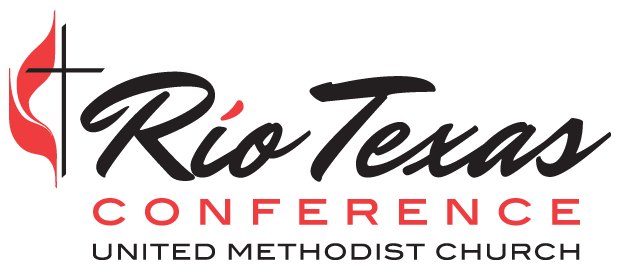Through our unification process, we affirmed our commitment to grow in our mutual ability to communicate effectively and appropriately with people of other cultures. This means that this not be a peripheral, secondary, or a once-in-a-while mandatory experience, but instead be something basic, foundational, and on-going to our work as the church. Harnessing Diversity for Collaboration and Fruitfulness is our initiative that provides us the awareness and space to begin in this journey.
According to the Lewis Center – the United Methodist Church in the U.S. faces a Death Tsunami. We have an aging membership base – average age 57 that is 94% white, 4% African American, 1% Hispanic / Latino, and 1% other. The
practice of depending on fewer people to provide more money is unsustainable in the face of the coming "death tsunami." We are at a moment of “reset”. According to Dr. Lovett Weems, he says - “We reset in order to return to the basics on which all giving depends — changed lives and transformed communities. There is no future for U.S. denominations that cannot reach more people, younger people, and more diverse people.” Meanwhile, we see the country overall becoming a minority majority by 2043 or just 27 years from now. Currently the average age of more younger and diverse people is 27. So today - there is the need to evolve our thought and behaviors to meet the challenges of the inevitable demographic and generational changes.
The result of a Conference-wide diagnostic reveled the greater challenges we face in moving forward in the Mission Field to be generational, cultural, organizational, and societal. Our starting place is to address our organizational, cultural, and generational challenges. To review this diagnostic, click here.
Thinking about the Generational challenges
- How can we create a church environment that increases the engagement and commitment of the different generations in the community?
- How might we attract and cultivate younger generations as the future leadership of the church?
Thinking about the Cultural challenges
- How might we foster a more inclusive and multicultural environment in the church by applying the fundamentals of intercultural understanding?
Thinking about the Organizational challenges
- How might we establish an integrated collaboration system in our church that fosters clarity, alignment, harmony, and fruitfulness in our ministry?
We now begin our journey in discovering the answers to these questions. It is hoped that this journey can begin in all places and in all churches possible throughout Rio Texas as we bridge into our mission field. As we learn and grow in our generational and cultural bridging and in our organizational development, we will give testimony of being God’s instruments in reaching more people, more younger people, and more diverse people for God’s church.





